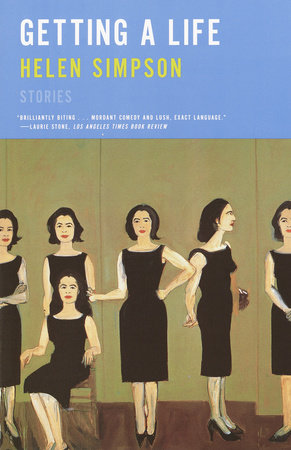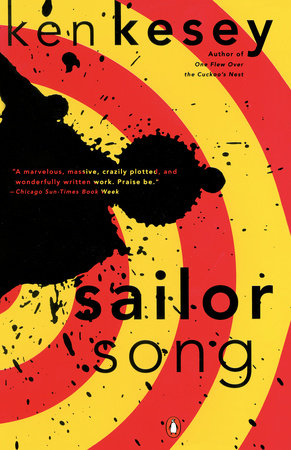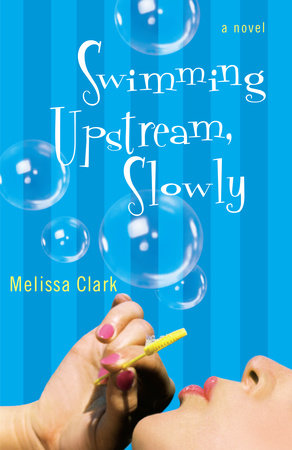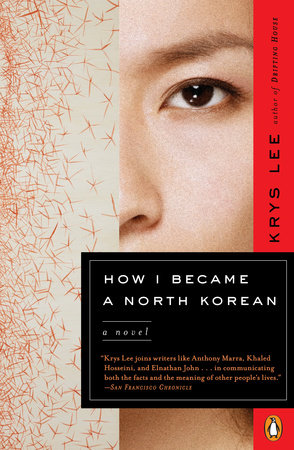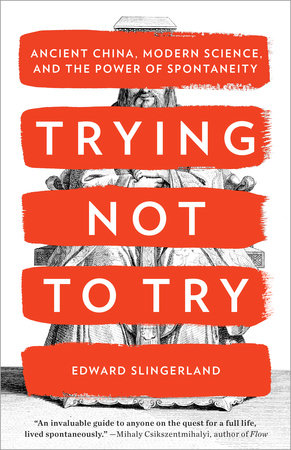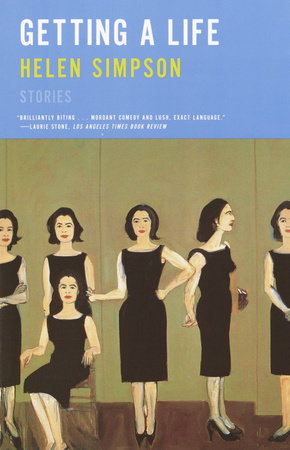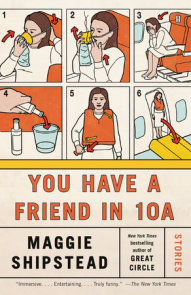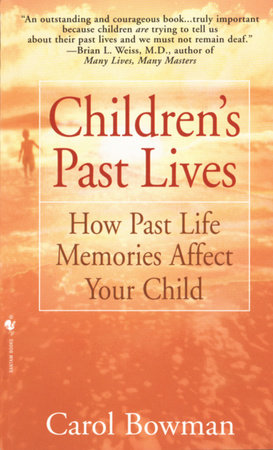Author Q&A
An Interview with Helen Simpson
Q: Given that all of your stories are fiction, how is it that you personally deal with being a working mom?
A: When my two were little, I tried various forms of part-time help with varying degrees of success. For instance, six months after my first baby was born, I arranged for someone to come in in the mornings and look after her while I worked upstairs—and wrote a suspense novella, a vegetarian thriller called Flesh and Grass. I finished that before she was a year old—but of course that was with just the one baby. . . . When they were pre-school age, I found it hard to leave them, so usually I worked upstairs when I could, and at one point rented a spare bedroom on a neighboring street (cheaply, as the landlord was out at work during the day while I was there, and thrilled that I wasn’t around in the evenings when he was—the ideal tenant), where I could be called back at any point. Working out of the house worked best for me. The part-time help stopped when the youngest was three, and since then I’ve tailored my work to their school hours. I tend now to see stories in terms of semesters and half-semesters.
Q: Do you identify in particular with any one of your main characters? How?
A: Through imagination, all of them.
Q: The title story is really quite frightening. Do you see your character as having gained at all through her family or have they only taken life from her?
A: Dorrie is in the very early and most demanding stages of life with her young family. She is hard-pressed and, since she doesn’t have great physical stamina or a very forceful presence, she is struggling. “Who else, she wondered, could be living at such a pitch of passion as she in the midst of this crew; so uncontrolled, so undefended?” With luck she will in time learn to look after herself as well as her husband and children. As to whether she has “lost” or “gained”, it’s hard to judge her life in such consumerist terms at this stage. Time will tell.
What is hardest in a way for Dorrie is that she has not really been allowed to say anything much since having children. It’s not so much she’s objecting to the hard work of looking after a young family as that her hard work is invisible and unacknowledged, even despised, and mustn’t be talked about. The Dorries of this world are usually ignored, particularly in literature—but everything would grind to a halt without them.
Q: Do you think it is nearly impossible for a woman to feel complete and secure in both her work and family responsibilities?
A: As the young woman in Burns and the Bankers says in her speech, “Women want love and they want work, just the same as men. . . . And they want children to be seen as a fact of life not as a personal weakness. So if you love your women, all you men out there, take your share of what’s called women’s work so that us women can take some of the bread-winning burden off your shoulders. Get a life.” Also, it can take many years to admit the basic truth—you can’t be in two places at the same time. As true, of course, for a husband and father as for a wife and mother. If you hand over your children for any length of time, it’s not guilt you feel exactly, more anxiety about the quality of child care and the grief of missing them, even if you’ve chosen that. But things change as they get older. I don’t think there’s any right or wrong way of doing it. You have to find your way, through your own levels of discomfort, as to what best suits you–because
the jury’s still out on what best suits the child.
Q: Do you think that the technological advances to come in the new century will make it possible for women to feel successful in all that they must accomplish each day or will it only complicate things further?
A: Perhaps women should take care not to allow communications technology to make their time even more available to others. . . .
Q: The mothers in your stories encompass many of the different types of women in today’s global society, from fulltime moms to fulltime executives and socialites. How did you create this broad spectrum of characters and situations?
A: I keep my eyes and ears open; I read, I think; I use my imagination. I was aware with this collection that my subject matter was more restricted than usual—and in the end I think this strengthened it, concentrated the focus. I love WD Howells remark when writing about Turgenev, “each man is a microcosm, and the writer who is able to acquaint us intimately with half a dozen people, or the conditions of a neighborhood or a class, has done something which cannot in any bad sense be called narrow; his breadth is vertical instead of lateral, that is all.”
Q: It seems your characters are desperate for love but shunned by it. Do you think women idealize love when they are young only to be crushed by the realities of marriage?
A: I read this one aloud to my husband and he said, “No you don’t think that, you think marriage is the best of all possible institutions.”
